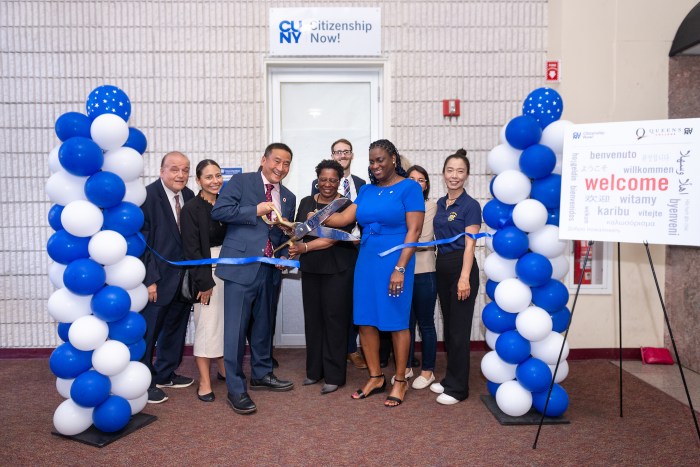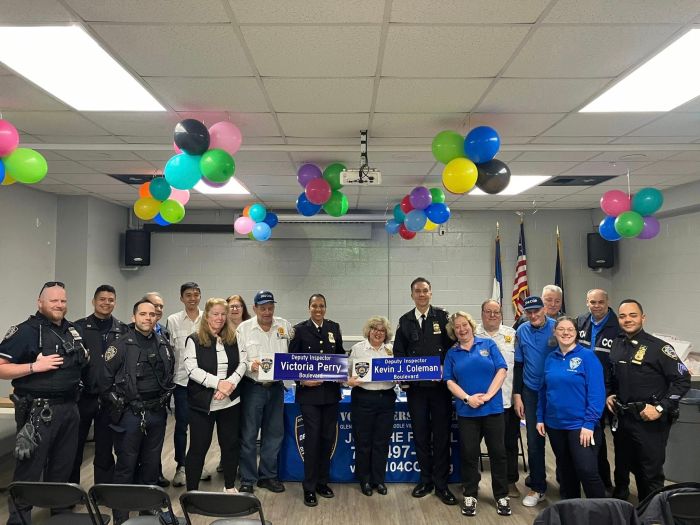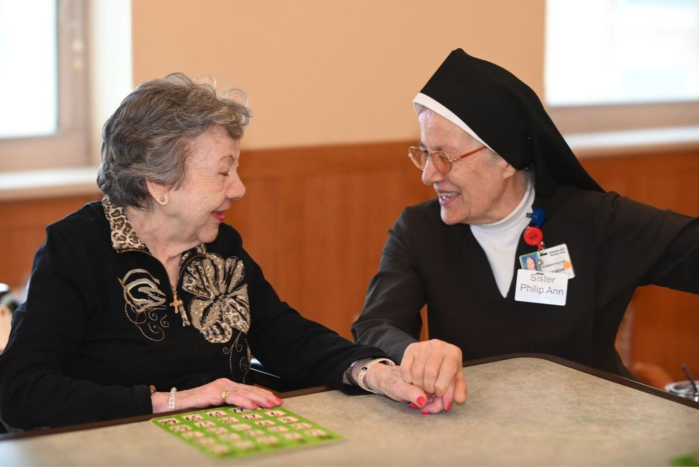By Tien-Shun Lee
New York City Schools Chancellor Joel Klein endorsed new special education strategies that would help integrate special education students into mainstream classrooms at a public meeting at Bayside High School Monday.
Klein said he had observed several schools, particularly within School District 21 in South Brooklyn, that had effectively integrated special education students into mainstream classrooms.
“They asked me to walk into a classroom and pick out which ones were special ed and which ones were regular and I couldn't,” said Klein.
Diana Lam, a member of the Department of Education's panel for educational policy, who specializes in special education, said the DOE plans to hire 200 support specialists who are trained in special education methodology to help integrate more special education students into mainstream classrooms. The hiring should take place before the beginning of the next school year in September.
In addition, the DOE plans to train 1,000 teachers to use two types of special methodology for teaching special education students. Some 500 of the teachers will be trained in the Orton-Gillingham methodology and 500 will be trained in the Urban Schools Attuned methodology.
The Orton-Gillingham methodology, developed by Dr. Samuel Orton and educator Anna Gillingham, uses a multi-sensory approach involving phonetics, visual, auditory and kinesthetic stimuli to teach reading.
The Urban Schools Attuned program, based on the neuro-developmental research of Dr. Mel Levine at the University of North Carolina at Chapel Hill, emphasizes the differences in students' learning styles. Teachers trained by the program learn to make accurate observations about students' learning strengths, and to help students overcome their weaknesses by using their strengths.
“I think this is a giant step in the right direction,” said Donald Weber, a member of the DOE panel.
Following the discussion on special education strategies, DOE panel member Lester Young outlined qualities that students and staff thought were important for a safe, supportive and motivating learning environment during his presentation on Children First, a youth development and school-community services program.
While students listed “respect,” “relevance” and “realty-based” as essential qualities for a good learning environment, educators listed “requirements,” “rules” and “restructure.”
Lester said integration of a strong core instructional program with community and family development was essential for promoting the total development of young people.
“Regardless of budget, we still have students, and they still have needs,” said Young.
Klein said the DOE would continue to work to communicate tangible results, such as police data relating to school safety, to the public.
Councilman David Weprin (D-Hollis) expressed concern about switching from 32 Committee on Special Education offices under the current system to 10 CSE offices under the new system.
“I just hope they monitor that very carefully,” said Weprin.
Borough President Helen Marshall agreed with Weprin, saying that “mainstreaming” of special education children should be done with caution, not with watching a dollar sign.
Reach reporter Tien-Shun Lee by e-mail at Timesledger@aol.com, or call 718-229-0300, ext. 155.
































